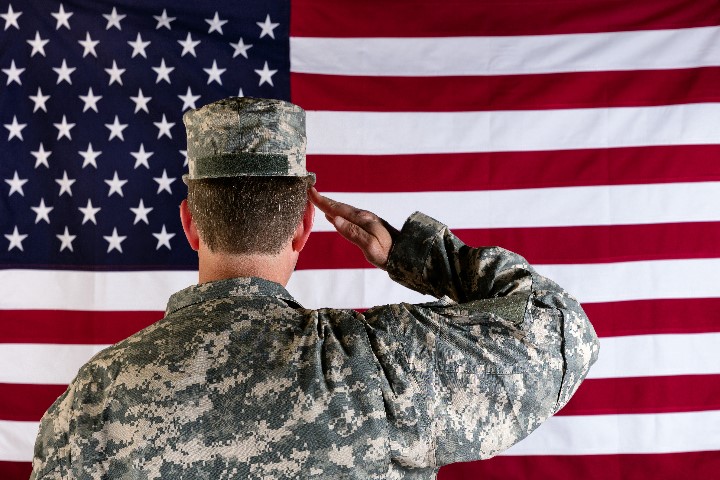A new requirement at a Midwestern college teaches freshmen patriotism and skills valued by the military.


A new requirement at a Midwestern college teaches first-year college students patriotism and skills valued by the military.
The course is “a balance against a pervasive negative view of America,” Jerry C. Davis, president of College of the Ozarks—a Christian school in Point Lookout, MO—told Inside Higher Ed’s Nick Roll.
Davis’s goal is to close the cultural gap between the 99% of American citizens who don’t serve in the military and the 1% who do.
To that end, the course combines elements from the ROTC curriculum with physical conditioning, patriotic education, map reading, land navigation, rifle marksmanship, rope knotting, military organization, protocol regarding the American flag, and civics.
Davis stated that the college’s goal is to encourage an understanding of the American heritage, an appreciation of one’s civic responsibilities, as well as love of country and a willingness to defend it. He said the course was not a reaction to recent protests by National Football League players who have kneeled during the national anthem, nor is it a reaction to anything else. In September, however, Davis announced that the College of the Ozark’s sports teams would not play opposing teams whose athletes refused to stand for the national anthem, the article reported.
On October 23, the college had a media day for local outlets. As shown in a Kansas City Star video, students arrived in military formation and were addressed by Terrence Dake, a retired Marine four-star general who is an alumnus and member of the school’s Board of Trustees.
Freshman Taylan Saylor told the Associated Press that the required class builds camaraderie among students. “We all go through kind of the same thing,” he said, “ so going through a patriotic class where we are learning about our country and fostering a love for that country together is really special.”
In a survey fielded in 2016 and reported in The Vanishing Center of American Democracy, the Institute for Advanced Studies in Culture found that, “Eight of ten (81%) [respondents] also agree that ‘America is an exceptional nation with a special responsibility to lead the world.’ Overwhelmingly (93%), they also describe themselves as patriotic.”
High school history and civics teachers are well positioned to prepare students for responsible civic participation. To that end, the Center for Civic Education offers this lesson in Citizenship and the U.S. Constitution to understand U.S. citizenship in its historical context.